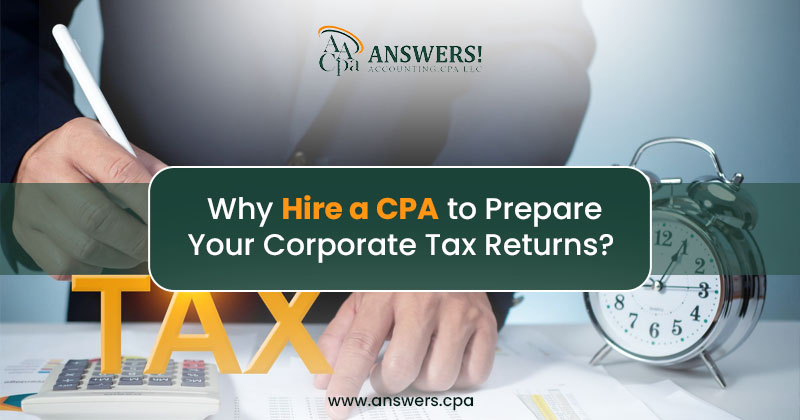HSA – The Ultimate Retirement Account
It isn’t easy to make predictions, especially about the future. But there is one prediction we’re confident in making: you will have substantial out-of-pocket expenses for health care after you retire. Personal finance experts estimate that an average retired couple age 65 will need at least $300,000 to cover health care expenses in retirement.
Also Read:- Which QuickBooks Function Is Most Useful?
An HSA is a tax-advantaged account paired with a high-deductible health insurance plan (HDHP). You contribute pre-tax dollars to the HSA, which can be used to pay for qualified medical expenses.
Why is the HSA Considered an "Ultimate Retirement Account?"
HSAs boast a triple tax advantage:
Tax-deductible contributions: Lower your taxable income in the year you contribute.
Tax-free growth: Invest your HSA funds and any earnings grow tax-free.
Tax-free withdrawals: When used for qualified medical expenses throughout your life, withdrawals are tax-free.
Here's where the HSA's retirement power comes in:
Long-term investment potential: Unlike Flexible Spending Accounts (FSAs), unused HSA funds roll over year after year, allowing for long-term tax-free growth through investment options.
Double duty: After age 65, funds can be withdrawn for any purpose, not just medical expenses, with only regular income tax applied. This makes your HSA a valuable supplemental retirement account.
Important points to consider:
HDHP eligibility: You must be enrolled in an HDHP to qualify for an HSA. HDHPs typically have lower monthly premiums but higher deductibles.
Contribution limits: The IRS sets annual contribution limits for HSAs. Be sure to stay within these limits to maintain the tax benefits.
Exploring HSAs for Retirement Planning:
While HSAs shouldn't solely replace traditional retirement accounts, they can be a powerful tool. Consider consulting a financial advisor to see if an HSA fits your overall retirement strategy.
Key takeaways:
HSAs offer a unique set of tax advantages for both medical expenses and long-term savings.
Ultimate retirement account refers to the potential for tax-free growth and post-65 access for any purpose.
Consult a financial advisor to determine if an HSA aligns with your individual situation and retirement goals.
You may need more.
The time to save for these expenses is before you reach age 65. And the best way to do it may be a Health Savings Account (HSA). After several years, you could have a fat HSA balance that will help pave your way to a comfortable retirement.
Not everyone can have an HSA. But you can if you’re self-employed or your employer doesn’t provide health benefits. Some employers offer, as an employee fringe benefit, either HSAs alone or HSAs combined with high-deductible health plans.
An HSA is much like an IRA for health care. It must be paired with a high-deductible health plan with a minimum annual deductible of $1,400 for self-only coverage ($2,800 for family coverage). The maximum annual deductible must be no more than $7,050 for self-only coverage ($14,100 for family coverage).
An HSA can provide you with three tax benefits:
1. You or your employer can deduct the contributions, up to the annual limits.
2. The money in the account grows tax-free (and you can invest it in many ways).
3. Distributions are tax-free if used for medical expenses.
No other tax-advantaged account gives you all three of these benefits.
You also have complete flexibility in how to use the account. You may take distributions from your HSA at any time. But unlike with a traditional IRA or 401(k), you do not have to take annual required minimum distributions from the account after you turn age 72.
Indeed, you need never take any distributions at all from your HSA. If you name your spouse the designated beneficiary of your HSA, the tax code treats it as your spouse’s HSA when you die (no taxes are due).
If you maximize your contributions and take a few distributions over many years, the HSA will grow to a tidy sum.








